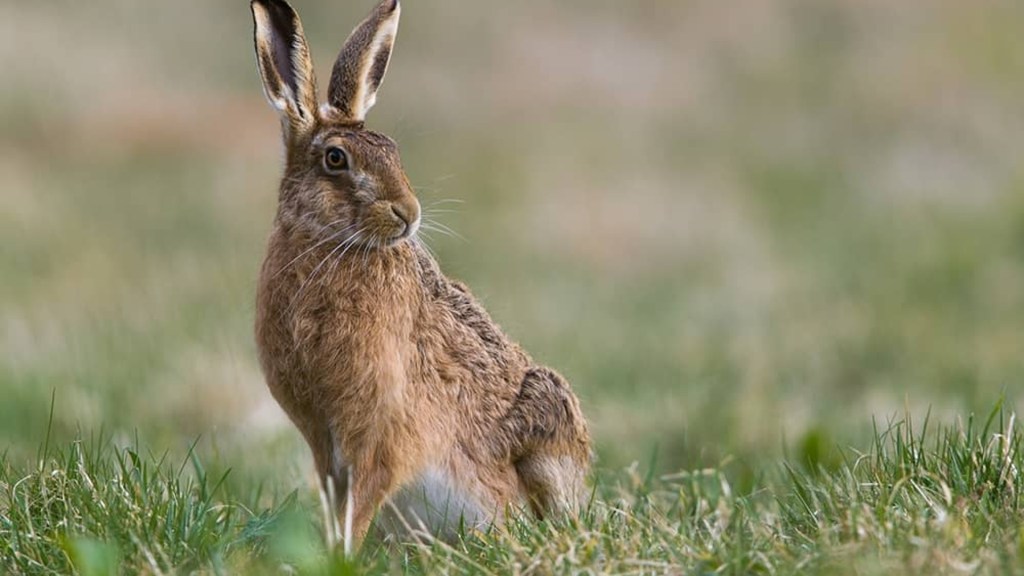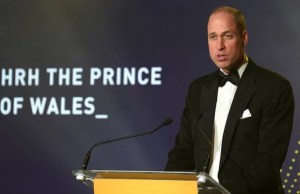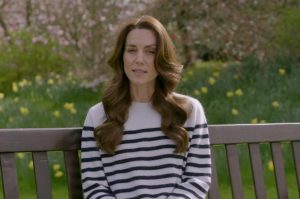I was walking across a fallow field to the pub with my two grandsons. “What’s this?” said my eleven-year-old Oscar, showing me a bone he’d noticed embedded in the footpath and prized out. I rubbed the mud off the delicate, strangely beautiful thing with my thumb. “That,” I said, with more authority than knowledge, “is the shoulder blade of a hare. I’ll clean it up when we get back and if you keep it in your pocket it’ll bring you good luck.” “What is luck?” said Klynton, aged ten. “Hard to explain,” I said. “Lucky people have mostly good things happen to them; unlucky people mostly bad. But nobody believes in luck anymore. Not really.”
We were walking to the pub for a farewell supper. I’d rung up and booked a table. The grandsons had stayed with me in the borrowed house for three days. Early tomorrow they were leaving for Devon and the day after that I was returning to France. For me it had been a precious time and now it was nearly ended. They were hungry and excited to be going to the pub, said my always unassuming lads.
At the pub a woman from one of the Baltic states wearing comic glasses showed us to a table and gave us each a menu card. She went away and came back a minute later and said: “Mr. Clarke, can you move to that table over there? I forgot that this table is booked from 6:15 by regulars who, believe me, are very frightening. Please save my life, Mr. Clarke, by moving to that one.”
So we gathered up our wet things and moved to the smaller, obscurer table and she thanked us with all of her heart and returned to the kitchen. A minute later she was back. “Mr. Clarke, I feel terrible. This is not a nice table. Please. There is a table free in the snug. Please go and sit there. Go. It is much nicer there. Trust me.” This was all very exciting if you haven’t been to an English country pub before or for a very long time. Once again we gathered up our things and went into the drinking side of the pub and arranged ourselves at a table.
She was right: it was far more congenial and interesting opposite the big fire with customers coming and going and greeting each other. The smoky spot felt like the beating heart of the village. A smart-looking woman came in and someone kissed her hand with deferential rapture. This was probably a joke, I explained. A woman with a sad, lopsided expression confessed to a passing acquaintance that she’d popped in for one at lunchtime and hadn’t been able to tear herself away. Then had a sneezing fit. Her sneezes were productive. The perky little pub terrier trotted in and hopped up on a nearby stool and allowed us to pat and stroke him for a moment. He wasn’t sure of us but we cajoled him into it. The lady with the comic glasses came and deferentially took our order — burger and chips — from the granddad with regrowing hair and his two shy lads.
Without us getting involved or being expected to, the conversations being held on the line of bar stools and among the standees seemed to imperceptibly adjust themselves in a friendly, welcoming way to the new presence of one stranger and two boys. It all felt rather extraordinary. Especially if you were as unused to English country pubs as we were.
“Do you have to go back?” said Oscar. I did, I said. I had to go back to get some more tablets. “Tablets for what?” he said. “For my illness,” I said. “What illness?” he said. “Cancer,” I said. I hadn’t told him before. I’d always dodged questions like that before. Now was as good a time as any to answer frankly, I thought. Oscar didn’t say anything, but he wasn’t jarred either and I was glad.
“Is that because of bad luck?” said Klynton. “Maybe,” I said.
After that we sat in companionable silence for a few minutes and watched more customers come and go, some diffidently, some confidently, and soon we forgot about it entirely because our burgers arrived and Klynton had made his “thank you” sound like “fuck you” as that transparently innocent Chelsea player N’Golo Kanté famously does in post-match interviews.
The burgers were top drawer. The handmade chips came in a little warmed china pot. We quickly polished it all off, then the chocolate sponge with vanilla ice cream. The bar traffic increased as the early session intensified. I paid and said cheerio and we walked back across the field in sunshine. Looking up the bone on the internet back at the house, I found I had the right animal but the wrong bone. It was a pelvic girdle. And hare bones are said to bring bad luck, not good.
This article was originally published in The Spectator’s June 2022 World edition.


















